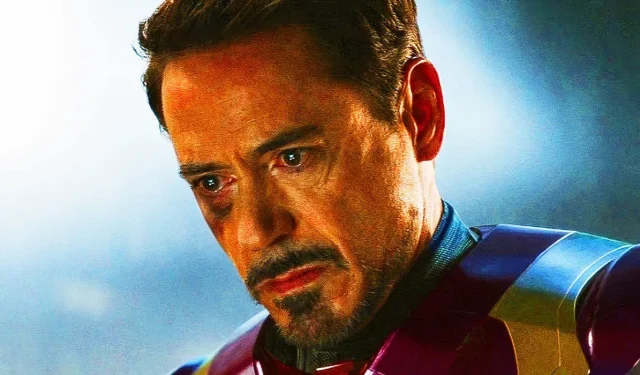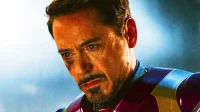Warning: This article contains spoilers for West Coast Avengers #6! In the world of Marvel Comics, the Avengers stand as defenders against an array of threats. Yet, what truly qualifies someone as an Avenger appears to extend beyond heroics. According to a recent revelation from one of Tony Stark’s closest companions, the true test of being an Avenger is whether Iron Man has betrayed you at least once.
This intriguing notion arises from West Coast Avengers #6, created by Gerry Duggan, Ton Lima, Arthur Hesli, and Joe Caramagna. In this issue, members of Captain Marvel’s Avengers engage in a conflict with Iron Man and War Machine’s West Coast Avengers over the handling of the newly reformed “good”Ultron. While Stark and Rhodey trust Ultron’s capacity for change, their East Coast counterparts remain skeptical, leading Stark to disclose a kill switch designed to neutralize Ultron if necessary.
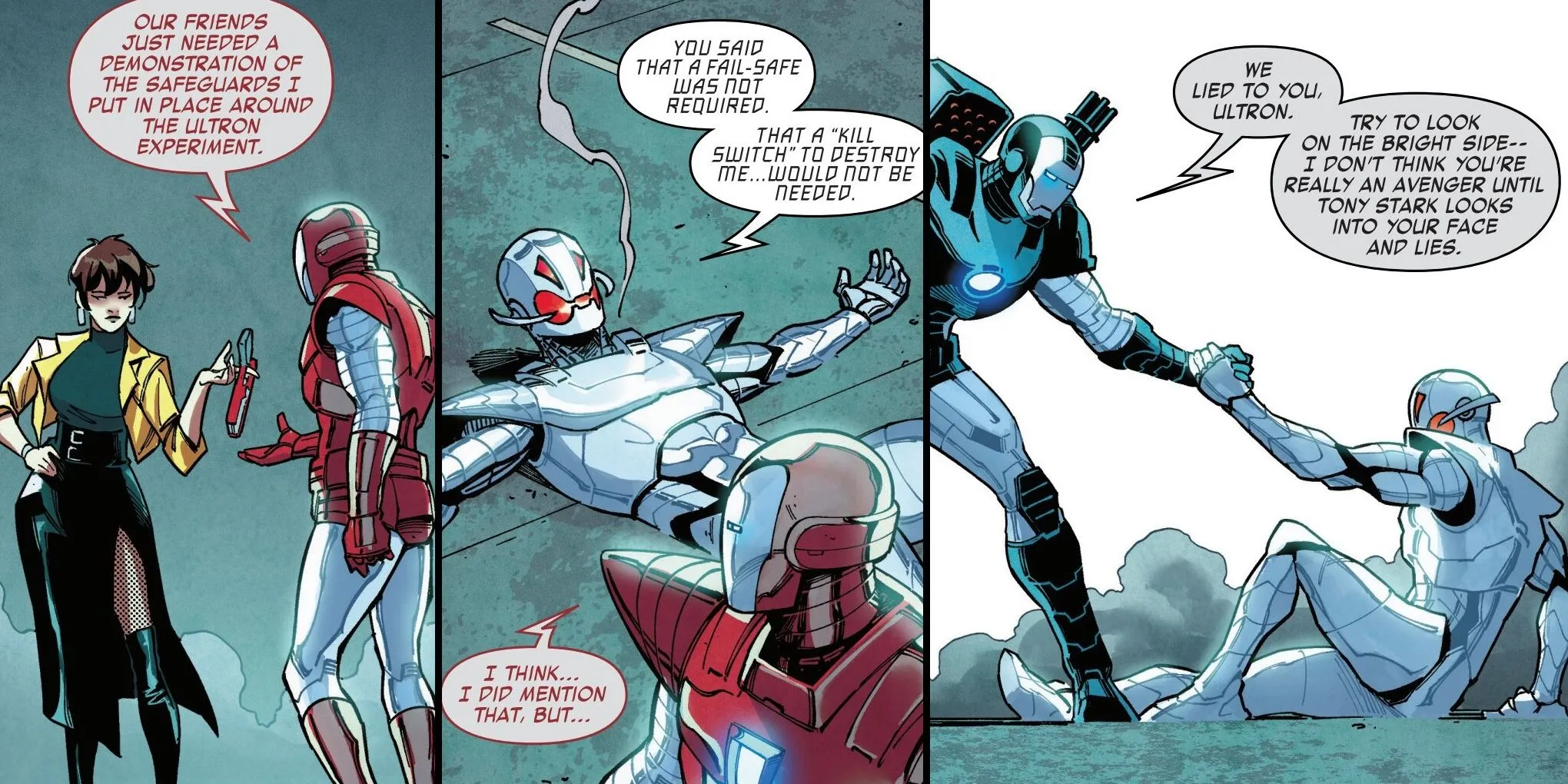
In an unexpected turn, Tony and Rhodey chose to conceal the existence of this kill switch from their teammates, prompting War Machine to quip that one cannot claim Avenger status until Tony Stark lies directly to you. This candid, albeit crude, assessment surprisingly holds a grain of truth.
The True Initiation into the Avengers
Betrayals Are Intrinsic to the Avenger Experience
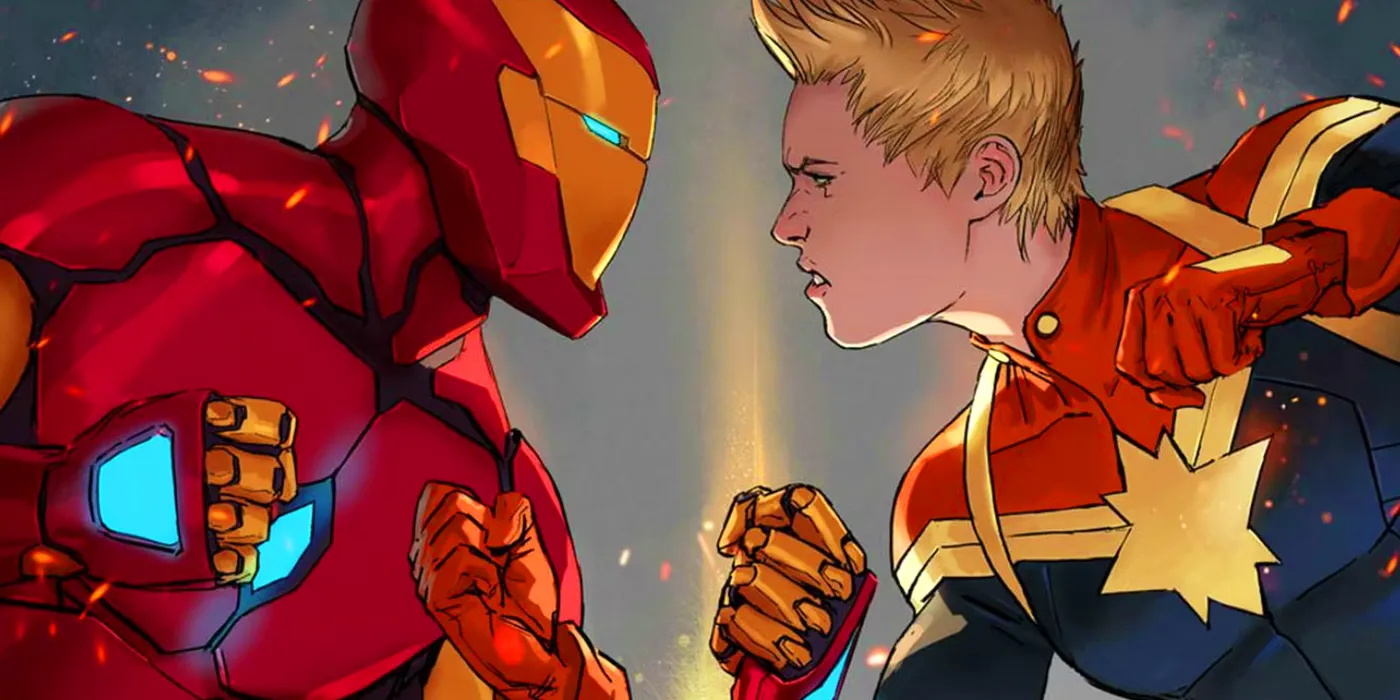
Since their inception, Iron Man has been a cornerstone of the Avengers, yet the character has consistently sown seeds of drama within the Marvel Universe. His complex relationships with teammates are riddled with personal conflict, and it’s undeniable that the closer one is to Tony Stark, the greater the possibility of betrayal or deceit. War Machine’s observation is not without justification. Joining the Avengers turns the prospective member’s life into a narrative filled with Stark’s controversial decisions and manipulations.
One prime example of this betrayal cycle is Stark’s role during the Civil War story arc, where he found himself at odds with allies such as Captain America. Even characters supporting Stark have faced dire consequences; Spider-Man, for instance, experienced the fallout of revealing his identity to the world. This history extends to conflicts with other members like Scarlet Witch and Hulk, and the complications in his relationship with Rhodey attest to Stark’s unpredictable nature. Even with his character development over the years, his past remains shadowed by these betrayals.
The Consequences of Iron Man’s Actions
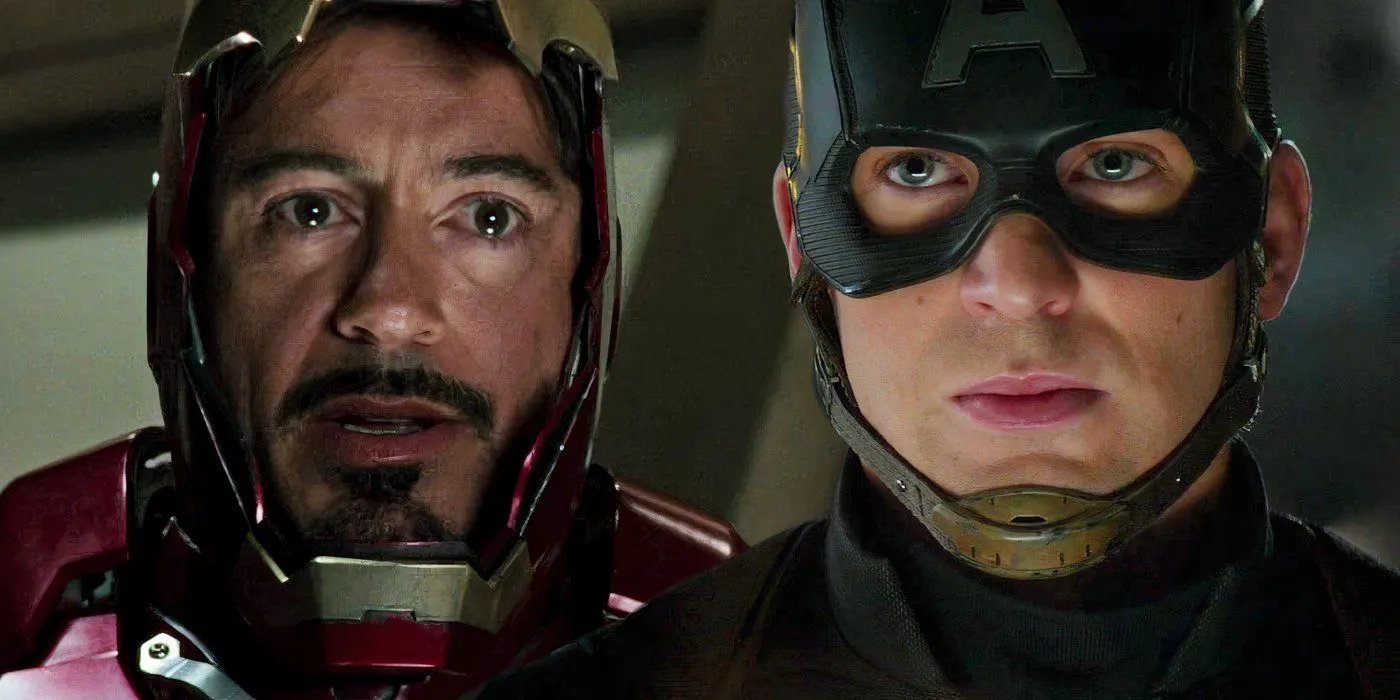
Iron Man often considers himself the most intelligent person in any room, and even his most ardent supporters can concede that he lets his ego and arrogance guide him more often than he acknowledges. By making unilateral decisions, Tony Stark frequently leaves other heroes scrambling to catch up or figure out their roles within his plans, which are often concealed.
This situation mirrors what Ultron faced in West Coast Avengers #6, revealing where loyalties have shifted post-transformation. Although War Machine’s statements may sound harsh, it’s important to acknowledge that few, if any, Avengers have emerged from their experiences with Stark without scars. His talent for deception has inadvertently turned into a rite of passage for new recruits stepping into the Avenger fold.
West Coast Avengers #6 is now available from Marvel Comics.
